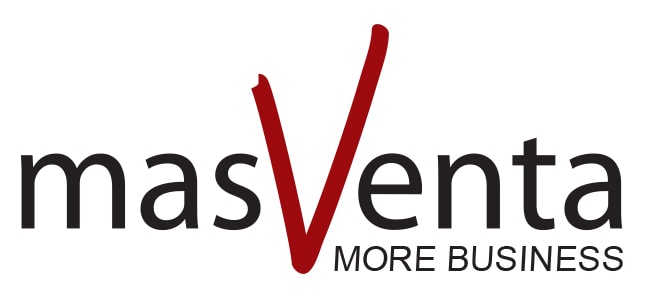Description
OVERVIEW
GOALS
- Discuss the framework of the business analysis.
- Describe the progressive elaboration of requirements from high-level business requirements to detailed solution requirements.
- Note the individual components of a “great” requirement and provide examples for each.
- Use a systematic process to collect, analyze and model requirements that are critical to business success.
- Track requirements back to business issues and business goals.
- Discuss numerous techniques to gather the right information from customers in the right situation.
- Ask drilling questions to discover hidden requirements.
- Discuss four techniques to keep business process modeling sessions focused.
- Practice modeling business processes by creating “as-is” and “to-be” process plans.
- Collect information on requirements to support business processes.
- Create a use case diagram and a report on the flow of events.
- Use a technically not too sophisticated prototyping technique to collect business requirements.
CONTENTS
Modul 1 Introductions
Modul 2 Requirements Foundation
Introduction to the framework of business analysis
Requirements Defined
Classification of requirements from high-level to detailed: Business, Stakeholder, Functional, Non-Functional, Transition, Business Rules with examples
What is a good requirement?
Introduction to Requirements Analysis through Modeling
Module 3 Effective Elicitation
Discussion Exercise
Survey techniques
Considerations regarding the choice of techniques
Stay focused
Focused questions
Agendas and ground rules
Case Study Workshop
Module 4 Process Mapping
process diagrams
Process Plan Definition
Notes to the booklet review
Stay focused
process scope
Primary and alternative paths
Exception parking
Workshop Part 1
Module 5 Getting and Translating Information Requirements
Steps to gather information about requirements
– entities
– attributes
– relationships
Data Business Rules:
– Translation of cardinality and option rules, rules of referential integrity, editing rules, attribute restrictions
workshop
Module 6 Use Cases
Basic elements
Use Case Model: Diagram and Actors
workshop
Use Case Iterations
Report flow of events
examples
Use Cases and Test Cases
workshop
Module 7 User Interfaces and Prototyping
General considerations
Actors, Objectives, and Scenarios
Purpose of prototyping
rolls
Prototype appraisal sessions
Prototyping Process
workshop
Module 8 Presentations
Assessment of the presentations of each team (during the course)
Module 9 Appendix
bibliography
requirements package
BABOK® Guide
Requirements Elicitation
Requirements Management and Communication
Enterprise Analysis
Requirements Analysis
Underlying Competencies
PMBOK® Guide
Project Scope Management

